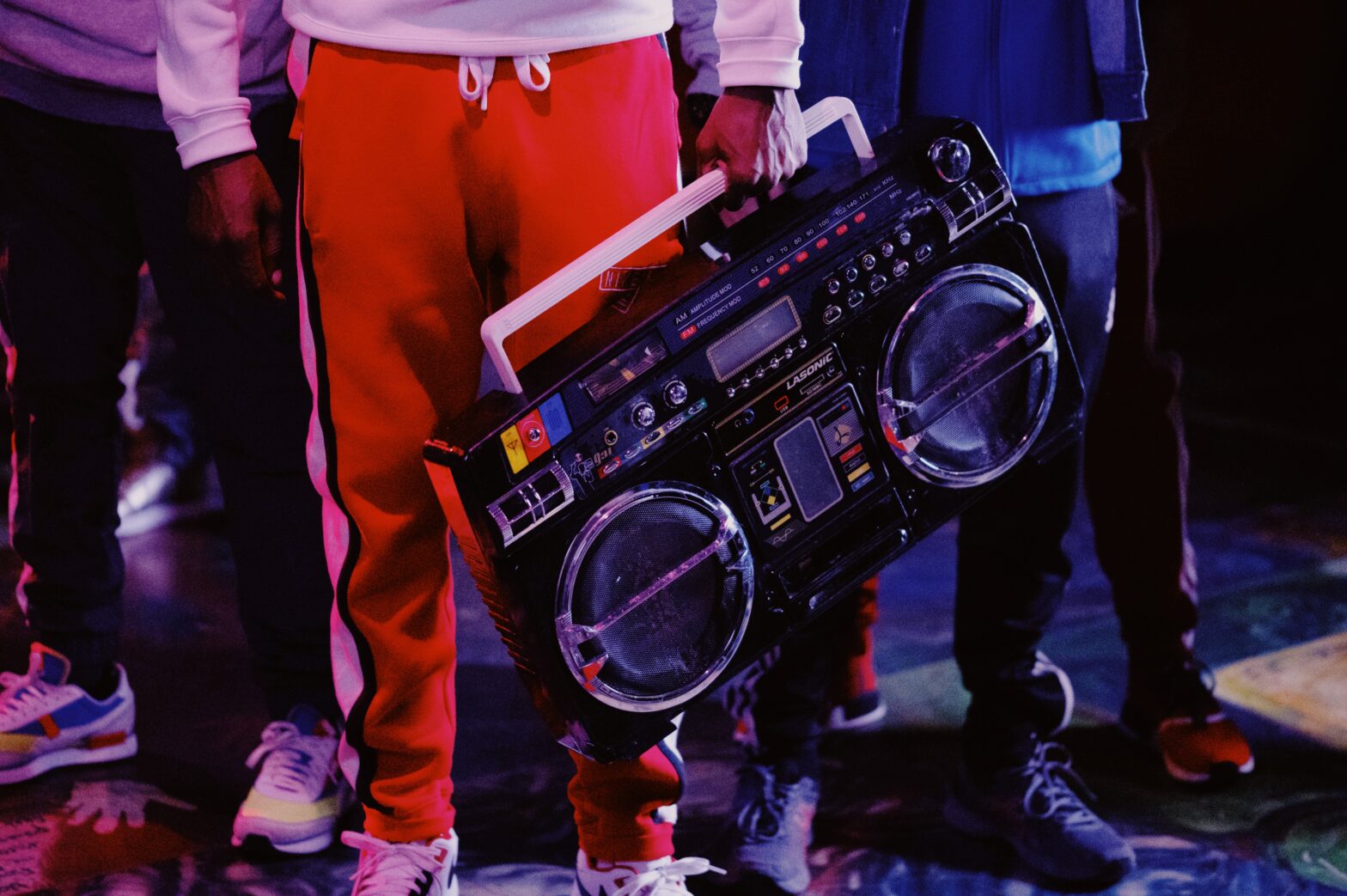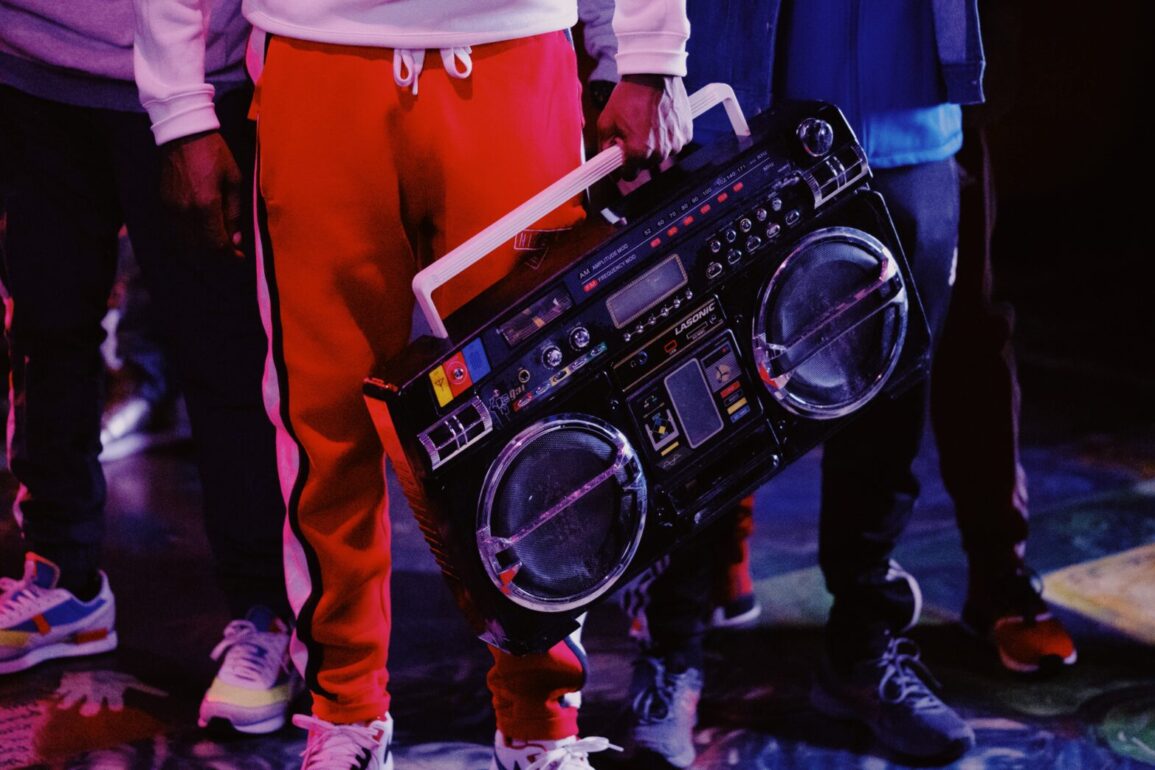
It’s impossible to overlook hip-hop’s profound impact on the global music landscape as it celebrates its 50th year. Beyond its birthplace in the Bronx, New York, this genre has transcended borders, cultures, and languages, leaving an indelible mark on societies worldwide.With its rich history and diverse musical traditions, South Africa has proven to be a fertile ground where hip-hop’s roots have intertwined with local narratives. The genre helped to create a unique and influential cultural force in the country.
The Birth of a Movement: Hip-Hop’s Arrival in South Africa
Hip-hop’s journey to South Africa took root in the late 1980s and early 1990s. It was a time of significant political and social change in the country. As apartheid crumbled, a new generation sought avenues of expression, finding resonance in the powerful beats, rhythmic poetry, and unapologetic storytelling that defined hip-hop. The genre’s ability to articulate the struggles and aspirations of marginalized communities resonated deeply with South African youth. They provided a voice for those who had long been stifled.
Voices of the Streets: Local Flavor Meets Global Beats
South African hip-hop quickly evolved, incorporating local languages, diverse cultural elements, and a distinctive flair that set it apart. Artists began weaving narratives that reflected the daily realities of township life. They addressed issues of inequality, identity, and the quest for social justice. Through the fusion of traditional African sounds and global hip-hop influences, a unique subculture emerged, giving rise to a generation of lyricists, producers, and dancers who made the streets their canvas.
Catalysts of Change: Hip-Hop as a Social Commentary
Hip-hop became a powerful tool for social commentary in South Africa. The music genre challenged the status quo and amplified the voices of the disenfranchised. Artists like ProKid, HHP (Hip Hop Pantsula), and Zubz became pioneers, using their verses to articulate the struggles faced by many South Africans. The genre became a vehicle for storytelling, allowing artists to narrate tales of resilience, survival, and triumph in the face of adversity.
The Rise of Icons: From Cape Town to Johannesburg
Cities like Cape Town and Johannesburg became epicenters of South African hip-hop, nurturing talent that would later make waves internationally. Emphasizing authenticity and staying true to their roots, artists like Cassper Nyovest, AKA, and Nasty C have propelled South African hip-hop onto the global stage. They brought a fresh perspective and an unmistakable energy to the genre.
Beyond the Beats: Hip-Hop’s Socio-Cultural Influence
Hip-hop’s impact in South Africa extends beyond the music itself. The culture has influenced fashion, language, and even political discourse. The iconic hand gestures, graffiti art, and fashion choices synonymous with the global hip-hop scene found resonance in South Africa, providing a visual language for the youth to express their identity.
Educational Empowerment: Hip-Hop in Schools
Recognizing the educational potential of hip-hop, initiatives have emerged to integrate the genre into South African schools. From teaching the history of hip-hop to using it as a tool for literacy and empowerment, educators have leveraged the genre’s appeal to engage and inspire students.
These artists are some of South Africa’s top hip-hop pioneers and architects.
1. Cassper Nyovest: The Trailblazer of Motswako
Cassper Nyovest, born Refiloe Maele Phoolo, is a trailblazing force in South African hip-hop. Hailing from Mahikeng, North West, he popularizes the Motswako sub-genre—a fusion of hip-hop, kwaito, and traditional African sounds. With chart-topping albums like “Tsholofelo” and “Thuto,” Cassper’s entrepreneurial spirit and infectious energy have propelled him to the forefront of the industry.
2. Nasty C: The Young Prodigy
Dubbed the “Coolest Kid in Africa,” Nasty C has become a global sensation. He was celebrated for his lyrical prowess and versatile style. With critically acclaimed albums like “Bad Hair” and “Strings and Bling,” the Durban-born artist has garnered international acclaim and inspired a new generation of hip-hop enthusiasts.
3. AKA (Kiernan Forbes): The Supa Mega
AKA, aka Kiernan Forbes, is a heavyweight in the South African hip-hop scene. Renowned for his distinct flow and stage presence, AKA has produced hits like “Fela in Versace” and “Jika.” Beyond his musical contributions, he has become a cultural icon, influencing fashion and lifestyle trends across the country.
4. Kwesta: The Voice of the Streets
Kwesta, born Senzo Mfundo Vilakazi, has solidified his position as the voice of the streets. Hailing from Katlehong, Gauteng, his music resonates with authenticity, addressing social issues and celebrating township life. The chart-topping success of tracks like “Ngud” and “Spirit” has made Kwesta a household name in South African hip-hop.
5. HHP (Hip Hop Pantsula): The Pioneer
Jabulani Tsambo, known as HHP, was a pioneer and a true legend in South African Hip-Hop until his untimely passing in 2018. Recognized for his contributions to Motswako and his distinctive storytelling, HHP’s impact echoes through the genre’s veins. His discography, including albums like “O Mang” and “YBA 2 NW,” remains a testament to his enduring influence on the South African hip-hop landscape.
This post was originally published on this site be sure to check out more of their content.









